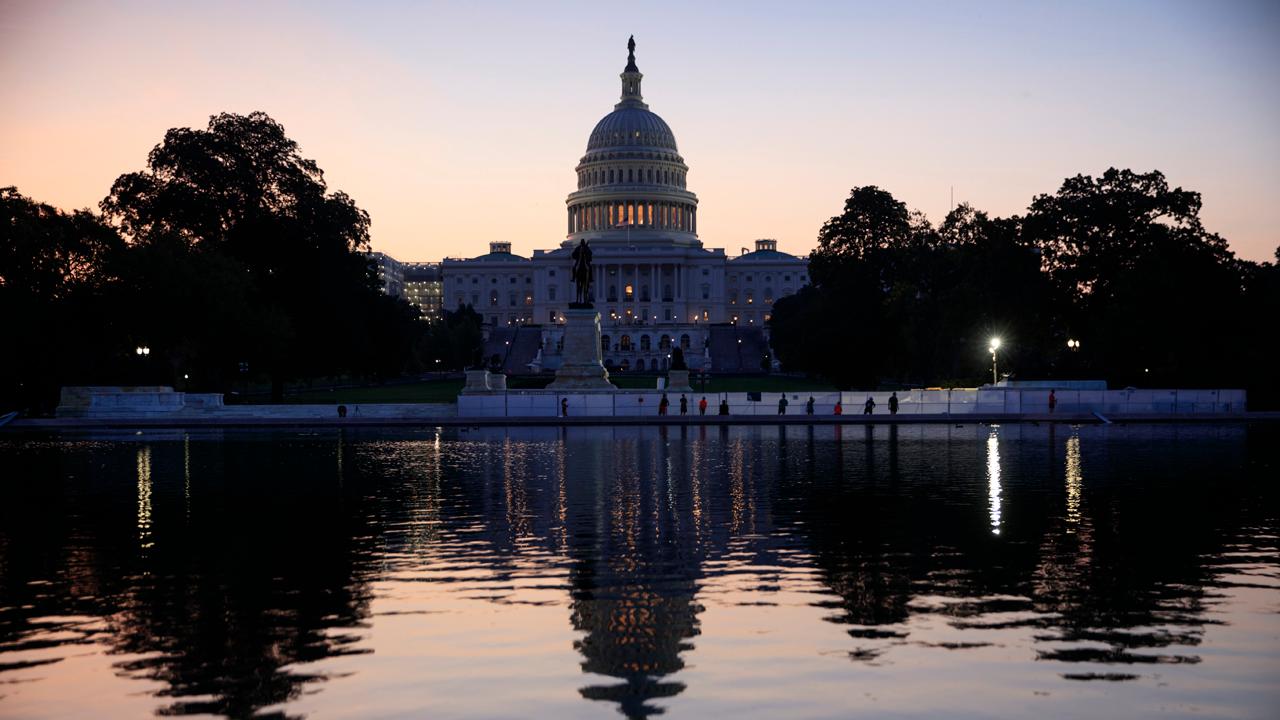IRS may squash SALT workarounds in high-tax states
The Internal Revenue Service and the Treasury Department said on Wednesday they are preparing to release guidance addressing the workarounds high-tax states are crafting to avoid reduced limitations on state and local tax (SALT) deductions under the Tax Cuts and Jobs Act.
The new SALT limitations were particularly harmful to residents in high-tax states such as New York and California. In response, a number of state governments have proposed or enacted legislation that would allow taxpayers to make charitable contributions to an established state fund in order to earn a credit. The goal would be to allow the residents to take the full amount given as a deduction.
The IRS, however, indicated on Wednesday it may be ready to squash those efforts.
“Despite these state efforts to circumvent the new statutory limitation on state and local tax deductions, taxpayers should be mindful that federal law controls the proper characterization of payments for federal income tax purposes,” the IRS said in a statement.
The challenge could relate to the IRS definition of a charitable contribution because the taxpayer would expressly benefit from the donation.
The IRS said its decision will be made public in the “near future.”
The Tax Cuts and Jobs Act, signed into law by President Donald Trump in December, decreased the cap on SALT deductions to $10,000, which is well below the average amounts claimed by individuals residing in states such as New York, California and New Jersey. The average deduction claimed in California, for example, is $22,000, according to Kevin de Leon, a Democratic member of the California state senate.
In November, U.S. Treasury Secretary Steven Mnuchin said he hoped initial proposals to eliminate SALT deductions altogether would encourage change among lawmakers in high-tax states.
“I do hope that this sends a message to the state governments that, perhaps, they should try to get their budgets in line,” Mnuchin said during a speech at the Economic Club of New York. “And the question is: Why do you need 13% or 14% state taxes?”




















